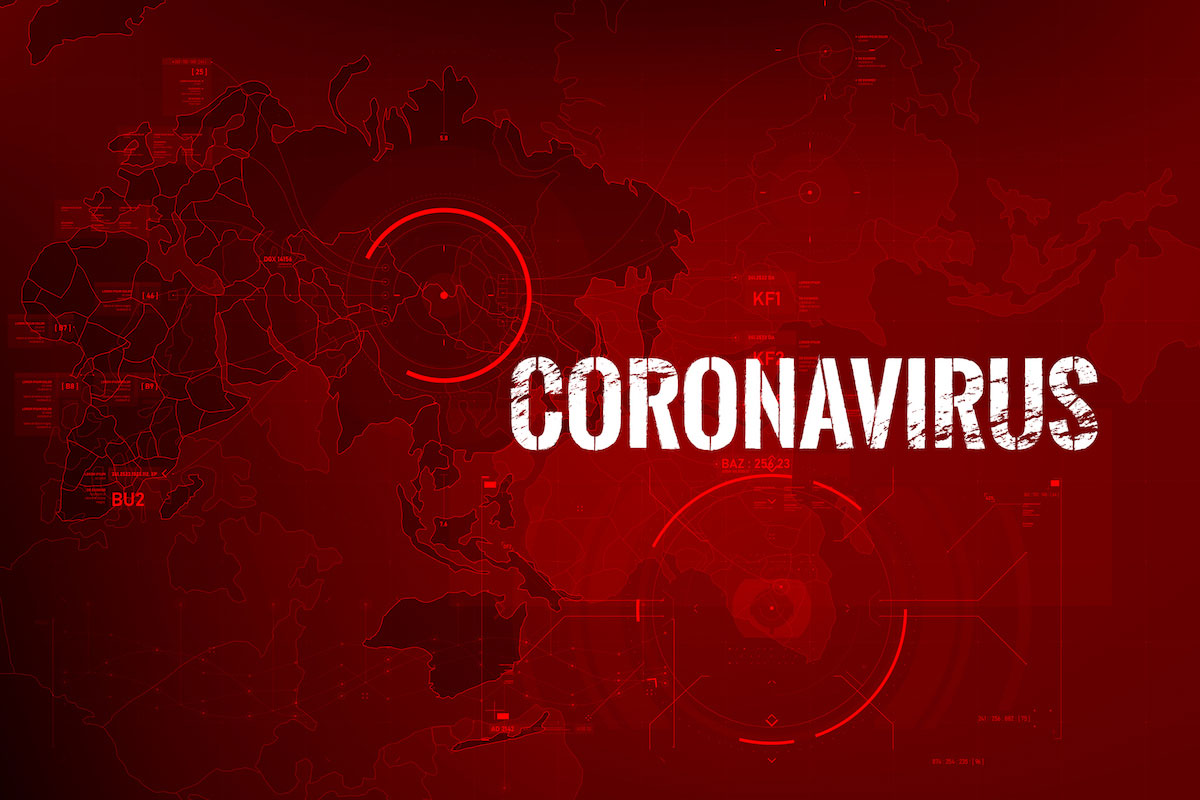Here are some of the things you should know about the coronavirus:
Q: What is COVID-19?
A: The respiratory illness first detected in Wuhan, the capital city of Hubei Province in central China, has been identified as coronavirus disease 2019 (COVID-19). Scientists are still trying to determine its origins. Early reports pointed to a possible animal-to-person transmission, perhaps from a market that sold seafood and live animals. The Chinese government closed the market Jan. 1.
Q: What is coronavirus?
A: It’s a large collection of viruses that can cause something as mild as the common cold but is better known in recent years for outbreaks of two far more serious diseases, Middle East Respiratory Syndrome (MERS) and Severe Acute Respiratory Syndrome (SARS).
The 2003 SARS epidemic in China, believed to have started with small mammals, infected more than 8,000 people and resulted in 774 deaths. SARS symptoms resemble the flu, with fever, sore throat, breathing difficulties, body aches and diarrhea. No SARS cases have been reported since 2004.
But MERS, a new coronavirus, emerged in Saudi Arabia in 2012 with symptoms similar to SARS. It has since spread to other countries, including the United States. This disease is characterized by fever, cough and shortness of breath.
Q: What are the symptoms?
A: Common symptoms, according to the Centers for Disease Control and Prevention, include fever, cough and shortness of breath. Some people have shown no symptoms. But the virus can cause serious illness and even death.
Q: How is it diagnosed?
A: Blood tests and laboratory tests on respiratory specimens can identify coronaviruses. Initially, all samples in the U.S. were sent to the CDC for testing, but a Food and Drug Administration expedited approval now allows the use of state health labs, including Connecticut’s public health laboratory.
Q: Why is it called coronavirus?
A: Under an electron microscope, the virus’ crown-like spikes look like the sun’s corona — the bright halo the outer part of the sun’s atmosphere — during a total solar eclipse.
Q: How contagious is this coronavirus?
A: It’s possible to get the coronavirus by coming in close contact with an infected person — defined by the CDC as about 6 feet or in the same room — for an extended period or direct contact with infectious secretions.
Q: How can people avoid coronavirus?
A: Take the same precautions as you would during flu season. The best way to prevent the spread this new virus, said Hartford HealthCare’s Dr. Bieluch, is to cover your cough, stay home when you’re sick and avoid being within six feet of others who might be sick.
Q: Who is most vulnerable to the coronavirus?
A: People with weaker immune systems, such as older adults and young children.
Not feeling well? Call your healthcare provider for guidance and try to avoid going directly to an emergency department or urgent care center, as this could increase the chances of the disease spreading.
Click here to schedule a virtual visit with a Hartford HealthCare-GoHealth Urgent care doctor.
Stay with Hartford HealthCare for everything you need to know about the coronavirus threat. Click here for information updated daily.
Questions? Call our 24-hour hotline (860.972.8100 or, toll-free, 833.621.0600).
Get text alerts by texting 31996 with COVID19 in the message field.

